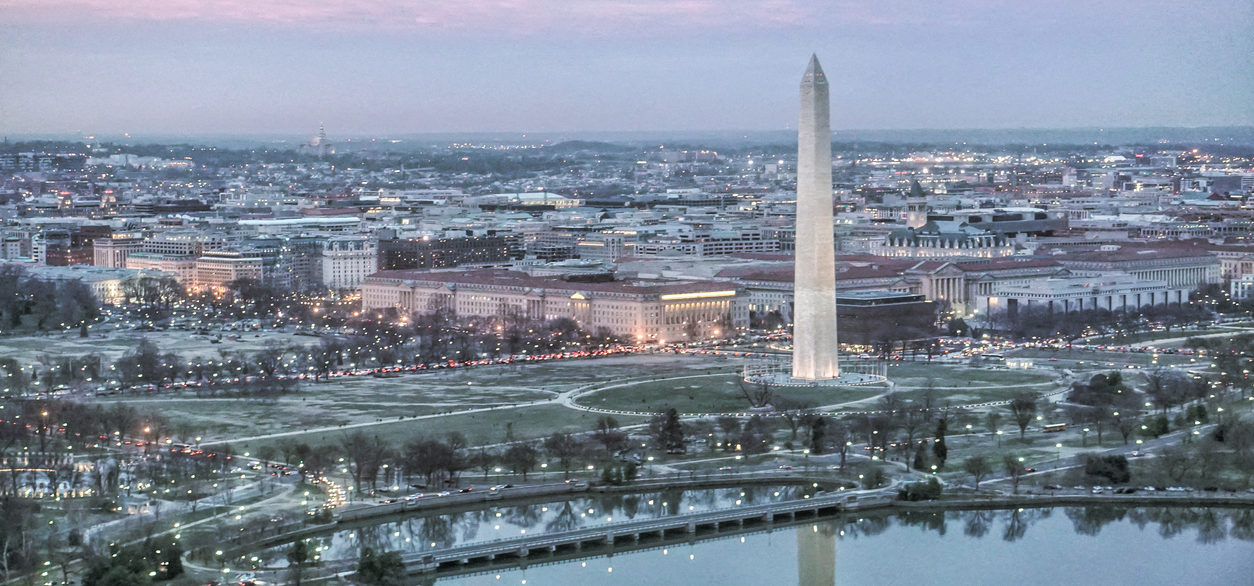
I Am Not A Traffic Lawyer. Except When I Am.
When I first went out into private practice in 2009, I was tempted to take on traffic cases. After all, my wife and I may not know many habitual criminals, but we do know lots of people who get in trouble with traffic enforcement: parking tickets, speeding, failure to display proper tags, and so on. Suddenly all these people were being referred to me.
It would have been easy to take these cases, particularly during the early stages when money was tight. But I resisted the temptation. There is a learning curve to any new area of the law. I knew that if I invested the time to master this curve and built my practice on what was then the most readily available source of income, I would wake up one day and realize that, somehow and without planning to, I had become a traffic lawyer.
Not that there is anything wrong with traffic lawyers.
There is something about the Motor Vehicle Code that I find comforting. I like the feel of the thin, smooth pages between my fingers. And it is reassuring to know – as with my experience with the tax code in law school — that there is an answer to every question you might have if you take the time to find it.
I look at the stuff that Andrew Flusche does in Stafford, Culpeper, and Fredericksburg with great admiration. And you have to love the ingenuity of the lawyer who figured out how to beat a citation for passing a stopped school bus by exploiting a flaw in the way Virginia’s statute was then written. There is nothing more gratifying than that look of realization in the judge’s eyes – no matter how reluctant he may be to let your client off – that, dammit, the defendant’s lawyer is right on this one. A win is a win, no matter the stakes.
Finally, there is a certain satisfaction to developing expertise in a particular area of the law, whatever that area may be. I can never understand how colleagues can handle so many different areas of the law, often combining criminal defense with, for example, family law and personal injury. I myself have enough trouble keeping abreast of developments in criminal law.
At the same time, despite my utmost respect for many traffic lawyers, the practice I envisioned for myself was one in which I focused on defending people charged with the more consequential cases of criminal offenses.
For one thing, a successful practice as a traffic lawyer almost necessarily requires you to handle a large volume of cases. After all, you can only charge so much to defend a person who has been charged with driving over the speed limit. This means that, in order to be profitable, you need to line up a whole lot of these cases. It may also mean that, depending on the size of the jurisdiction, you need to shuttle between a large number of different courtrooms. The days I dread are the ones in which I am rushing between different courtrooms to placate impatient judges and court personnel.
For another thing, I may not have the right mentality to be a traffic lawyer. A major life lesson for me was when, as a younger man living in D.C., I took a day off from work to contest a ticket for an expired meter. Having won that case at the cost of an entire day spent at the Department of Motor Vehicles (DMV), my self-defeating inclination today would be to advise a client to avoid both the hassle and my legal fee by simply mailing in payment to settle the infraction. Practicality trumps principle. And a client on a crusade to punish some overzealous police officer can often prove tiresome.
All of this doesn’t mean that I don’t handle traffic cases, because I do, at least to the extent that they accompany a criminal charge. A person charged with drinking-and-driving, for example, will often be charged with a traffic offense as well, such as speeding, crossing the double line, or failing to obey traffic signals. I also represent people charged with reckless driving or fleeing the scene of an accident, violations of the Motor Vehicle Code which, in most jurisdictions, are considered criminal offenses. Representing the defendant at a DMV hearing, usually held well in advance of the accompanying criminal charge, is a great way to learn more about the government’s case. More importantly, it gives you the opportunity to cross-examine the arresting officer under oath, with the resulting transcript available for later use at the criminal trial.
As for the rest of the traffic cases that come in, I refer these out to Michael Bruckheim in D.C. and Maryland, Andi Geloo in Northern Virginia, and Andrew Flusche in Culpepper, Spotsylvania, and Fredericksburg. I do this with great satisfaction, confident that the cases will be handled with competence and care. I know this because people will often call back to thank me for the referral.
